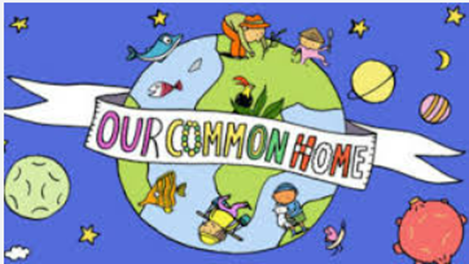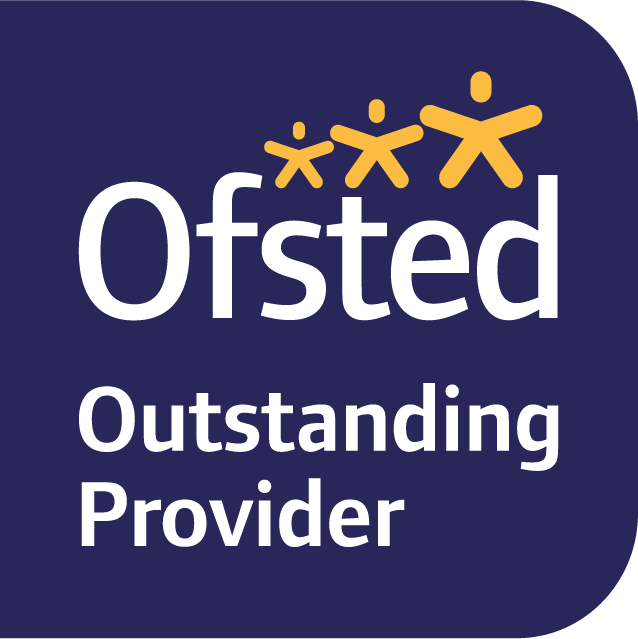Geography
There are few things more fundamental than learning about ‘the earth as our home.’
Geographical Association

At St Dunstan’s we recognise how the wonders of the world fascinate and inspire pupils. Pupils recognise the earth as the common home to all humankind and they have a strong desire to know and to care for this precious world; its diverse people, places and resources. Across the school curriculum, pupils will learn about environmental and social issues in the world, therefore we need to teach the children about the complex relationships people have with the earth and its resources.
The geography curriculum will provide opportunities for pupils to learn about:
- environmental or social issues which may impact them, the local community and the global community e.g. Fairtrade, poverty, habitat destruction, pollution
- ways people are striving to make positive change in the world
- the diversity of the world- its people and cultures; places and resources
By the end of Year 6, we want our pupils to:
- cherish and celebrate the richness and diversity of our world
- live as knowledgeable, responsible and respectful global citizens
- use their knowledge critically and creatively to consider possible solutions
The strength of ‘thinking geographically’ is that it brings school geography alive – children and young people ask questions about and investigate their own world.
Geographical Association
Pupils have a natural curiosity about the ‘world’ around them; they ask questions about their identity, places in the world, the physical world and the human environment e.g. Who am I? How do I feel about it? How is it changing? Therefore geographical enquiry is at the heart of the curriculum, we teach pupils to ‘think like a geographer’ to investigate and to explain their world.
The geography curriculum provides opportunities for pupils learn how to:
- use a range of ‘geographers tools’ e.g. maps, globes, digimap, aerial photographs, texts
- use fieldwork skills to observe and record, analyse data and draw conclusions
- use models (theoretical representations) to help discuss/explain a process or change e.g. water cycle, plate tectonics, the river’s course, mountain formation
By the end of Year 6, we want our pupils to be:
- active participants in their learning, who question and make sense of their world and its processes.
- skilful geographers who use geographical tools and skills to learn about their world.
- confident communicators who use geographical vocabulary to explain and apply their learning.


